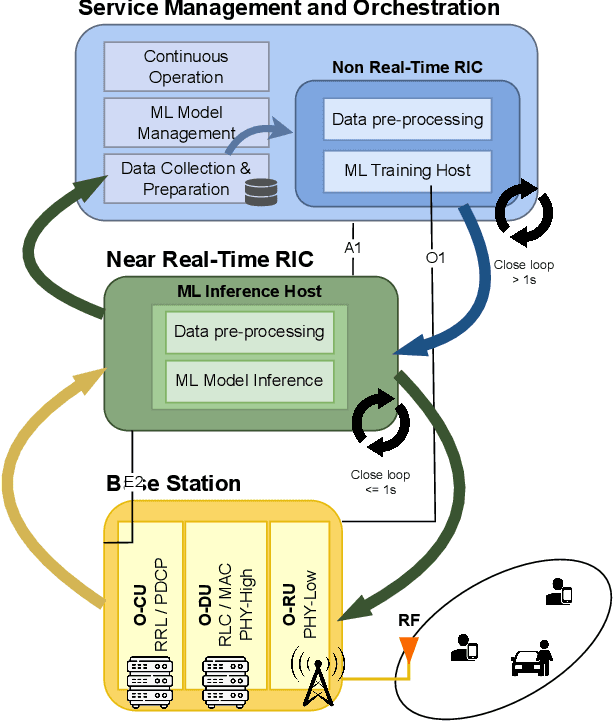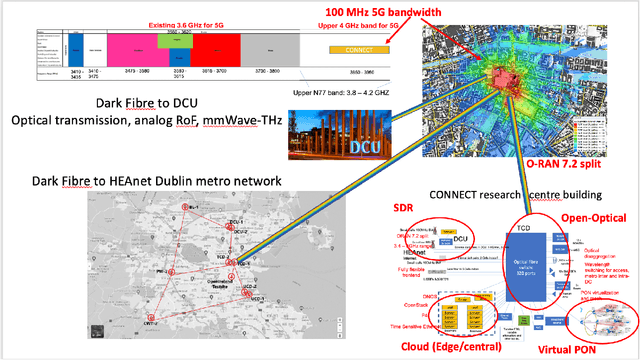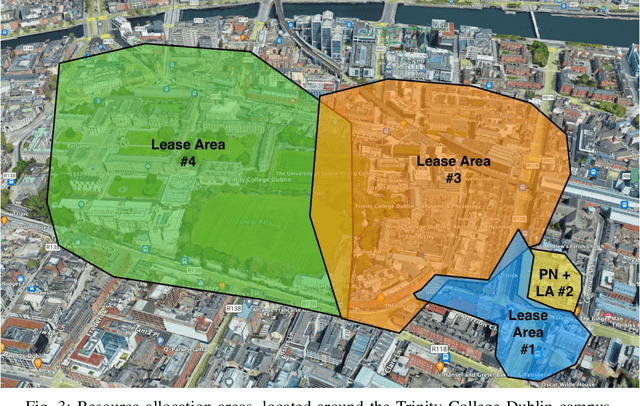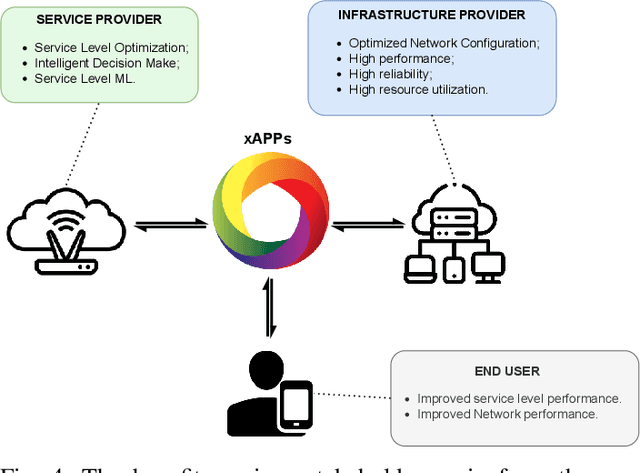Bruno Missi Xavier
ML-based handover prediction over a real O-RAN deployment using RAN Intelligent controller
Apr 14, 2024



Abstract:O-RAN introduces intelligent and flexible network control in all parts of the network. The use of controllers with open interfaces allow us to gather real time network measurements and make intelligent/informed decision. The work in this paper focuses on developing a use-case for open and reconfigurable networks to investigate the possibility to predict handover events and understand the value of such predictions for all stakeholders that rely on the communication network to conduct their business. We propose a Long-Short Term Memory Machine Learning approach that takes standard Radio Access Network measurements to predict handover events. The models were trained on real network data collected from a commercial O-RAN setup deployed in our OpenIreland testbed. Our results show that the proposed approach can be optimized for either recall or precision, depending on the defined application level objective. We also link the performance of the Machine Learning (ML) algorithm to the network operation cost. Our results show that ML-based matching between the required and available resources can reduce operational cost by more than 80%, compared to long term resource purchases.
A Robust ADMM-Based Optimization Algorithm For Underwater Acoustic Channel Estimation
Aug 24, 2023Abstract:Accurate estimation of the Underwater acoustic (UWA) is a key part of underwater communications, especially for coherent systems. The severe multipath effects and large delay spreads make the estimation problem large-scale. The non-stationary, non-Gaussian, and impulsive nature of ocean ambient noise poses further obstacles to the design of estimation algorithms. Under the framework of compressed sensing (CS), this work addresses the issue of robust channel estimation when measurements are contaminated by impulsive noise. A first-order algorithm based on alternating direction method of multipliers (ADMM) is proposed. Numerical simulations of time-varying channel estimation are performed to show its improved performance in highly impulsive noise environments.
 Add to Chrome
Add to Chrome Add to Firefox
Add to Firefox Add to Edge
Add to Edge